We forbid Google to take information about us
Today, when our personal information can easily be used for undesirable purposes, the protection of personal data is the primary task of any smartphone owner. And one of the threats that many underestimate is, in fact, the developer of the Android operating system - Google.
Many programs and services from Google are free. However, if Google takes nothing for its services, how did it become the most expensive company in the world? The answer is simple: if the product is free, then this product is you. Google found that advertisers are willing to pay more than consumers. Since Google software is used by a huge number of people, the Internet giant has the ability to collect a wide variety of user data. In this he is helped by the manufacturers of Android devices to which Google supplies its free software. Based on the collected data, you can create excellent, targeted advertising, and companies are willing to pay well for it.
Tip 1. Disable ad personalization.
Using the so-called "advertising ID", Google informs advertisers of information that identifies you - for example, about your location, or about which applications you use. Moreover, this information can be used not only by corporations, but also by any individual.
Google allows you to control the use of your data by refusing personalized advertising. In this case, you are blocking advertisers from accessing your unique advertising ID. To opt out of advertising, go to the basic settings of your phone and select: Google -> Advertising -> Disable advertising personalization .
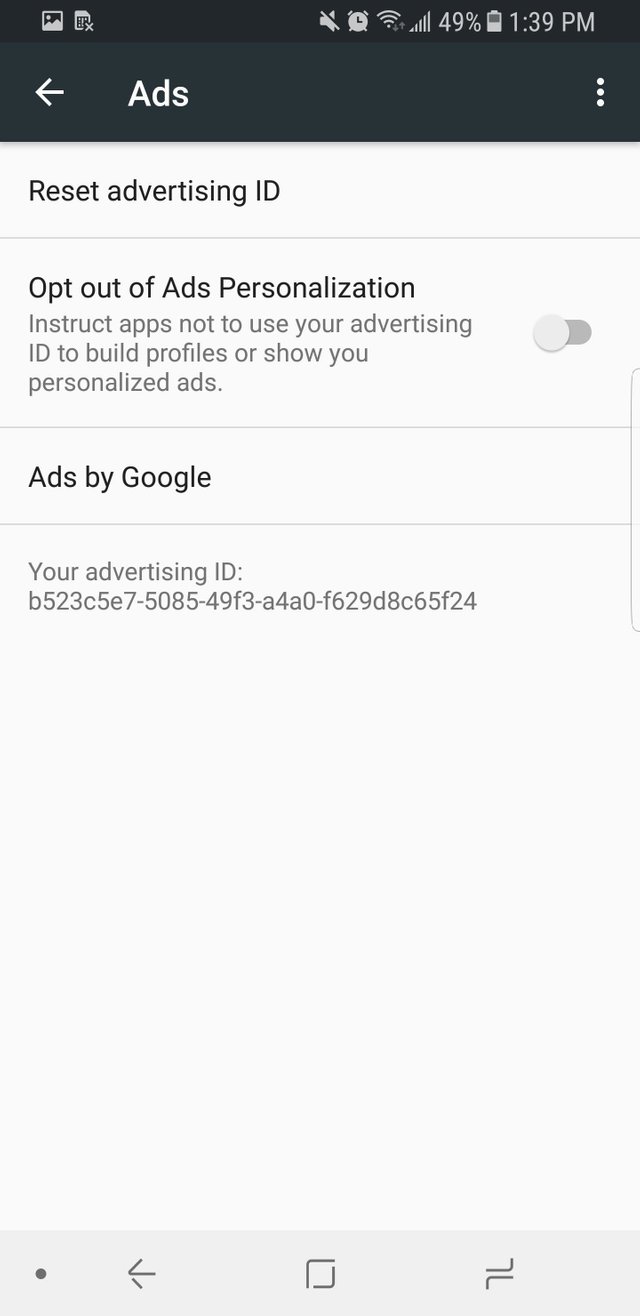
Tip 2. Change the default DNS server
To determine the location of devices and sites on the Internet, an IP address is used, which is a series of numbers. In fact, the IP address is the “mail” address of servers and devices. But, as you know, to get to any site, you do not need to enter a sequence of numbers, but the site name and the name of the top-level domain (for example, .com, .ru, .net, .org). By entering the site name, you send a request to your DNS server (domain name system server). The DNS server matches the entered name with the IP address of the corresponding site, and directs your Internet traffic there.
The DNS server acts as an automatic telephone directory for your Internet traffic. By default, when using mobile Internet, the DNS server for Android smartphones is provided by the mobile operator. When connecting via home Wi-Fi, the Internet server’s DNS server is used. However, today, many prefer to use Google’s DNS servers instead of the default ones, since they usually work faster than the servers of home Internet providers. Nevertheless, Google does the same as other Internet providers when you use their DNS servers, namely, it reads queries, creates advertising profiles and sells this information. The problem is that Android does not allow you to easily change DNS servers. If, when connected via Wi-Fi, such a possibility is, in principle, available (albeit limited), when using mobile Internet, changing the DNS server simply will not work. This problem can be solved using the DNS Changer application, which was created by private individuals concerned about Internet security problems.
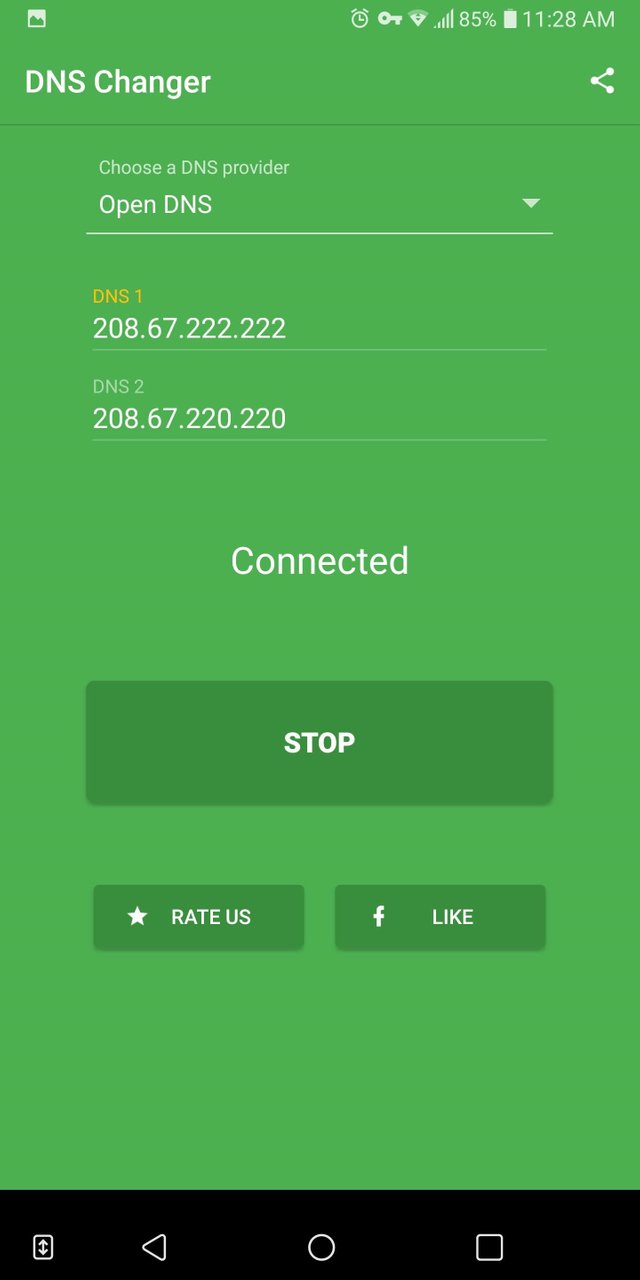
Tip 3. Use a VPN connection to encrypt all traffic.
Another way to automatically change the DNS service, protecting the data during the transfer period, is to use a VPN. Virtual private networks protect data by redirecting all traffic to a reliable, usually encrypted, server. Confidentiality is achieved by hiding your IP address, which plays the same role on the Internet as the mailing address in life. IP-address is a kind of token that allows you to transfer data to your devices and in the opposite direction. With access to this data, Google (or a hacker, for that matter) can collect a lot of information about you. A VPN acts as a buffer between you and the Internet. It takes all your traffic to its own servers, masking the source IP address (return mail address). The recipient will only see the IP address of the VPN server, but not yours. This way you protect your data from potential hackers. Most VPN services provide another level of security - encryption of all your traffic. Encryption acts as a virtual safe, in which data is hidden from prying eyes. Although many sites in one form or another also encrypt data, not all traffic receives this protection, while when using a VPN all your information will be encrypted.
Locks indicate that the transmitted data is encrypted. As a rule, to provide more reliable protection from companies such as Google and various Internet providers, VPN services offer their own DNS servers. So, using a VPN, you can be sure that most of your data is not accessible by Google. It is impossible to use VPNs and DNS Changer at the same time (since the DNS Changer, performing its task, works through the VPN itself) - so choose the option that best suits your needs and financial capabilities. You will have to pay for a quality VPN service, while DNS Changer is free. However, if DNS Changer protects your requests to sites only at the moment when they are sent to DNS servers, then the VPN service provides protection for all your data. If your choice is VPN, We recommend installing the visually pleasant and easy-to-use NordVPN application. This program provides one of the highest levels of protection and has a seven-day free trial. Also, you can save if you pay for using the application for a longer period (for example, for a year, and not for a month).
Tip 4. Don't use Google apps
For the first time you turn on your Android device, you will find on it a set of pre-installed Google applications - such as Gmail, Google Calendar and some others. All of these apps are free. Google supplies them to manufacturers of Android devices. However, as in the case of DNS-servers, Google makes it possible to use its free applications for a reason, and in order to have access to user data in the future. When you write an email, make a call or create an event on the calendar, all the same resources that are designed to facilitate these tasks as much as possible use your data to create an advertising profile. For example, if in an electronic correspondence with friends you discuss the topic of a joint trip to the cinema, then later you can see an advertisement for a movie ticket service. The only way to completely protect your data from Google is to stop using Google applications. Therefore, users who are most concerned about privacy issues should avoid applications such as Chrome, Gmail, Google Dialer, Google Calendar, etc. Many such applications are preinstalled and it is usually impossible to remove them. In this case, you need to go toSettings -> Applications , select any Google applications and click Clear data . Thus, you will delete all personal information about you that may have already been collected.
To prevent Google from monitoring you, do not use Google applications. Since Android is an open source platform, there is an alternative for every Google app. Instead of Google Calendar, you can use the offline Offline Calendar application. Such a calendar will only be stored on your computer; it cannot be viewed on the Internet. And, therefore, its contents will be available only to you.
Tip 5. Disable the application backup feature (optional)
For even stronger protection from Google, you can disable the automatic backup function. Google protects data well, but will be forced to pass this information on to the US government if it so requires. Of course, you can say that you are not committing any crimes, but the fact of the probability of the transfer of your data to third parties should alert you.
To disable data backup, look for Backup and restore in the phone’s main menu . Select Back up data and uncheck the option.
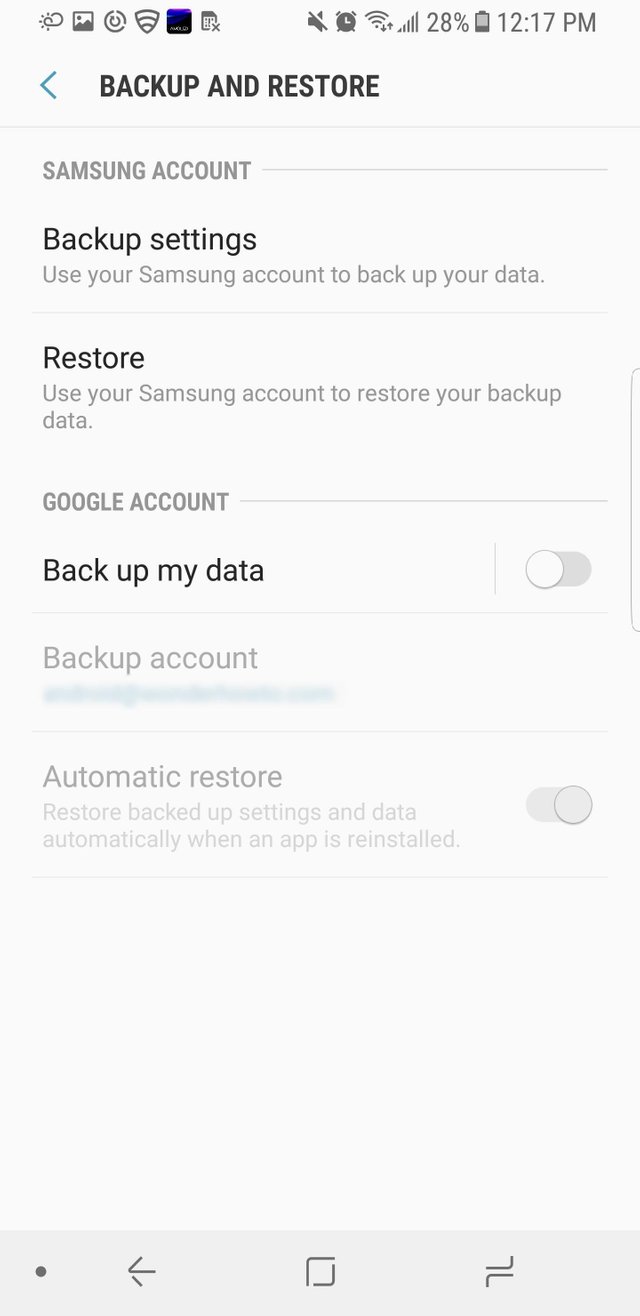
We think that following this advice is not necessary, because the backup function from Google is actually very convenient. By disabling it, you will lose the opportunity to save personal information in case you lose or break your current smartphone. Yes, and just go to a new device, taking your data with you, will not succeed. In general, you should consider what is more important for you - the convenience of backing up or protecting personal information from unwanted use. Using Android smartphones, we provide Google and its ecosystem with access to our data and get certain benefits from this. However, if we do not protect our data, they may be used in an undesirable way, including for criminal purposes. By following the tips above, you can protect your personal information from potential threats, including google itself. If you find these tips helpful, write to us in the comments below.
Disclaimer : This article is written for educational purposes only. The author or publisher did not publish this article for malicious purposes. If readers would like to use the information for personal gain, the author and publisher are not responsible for any harm or damage caused.
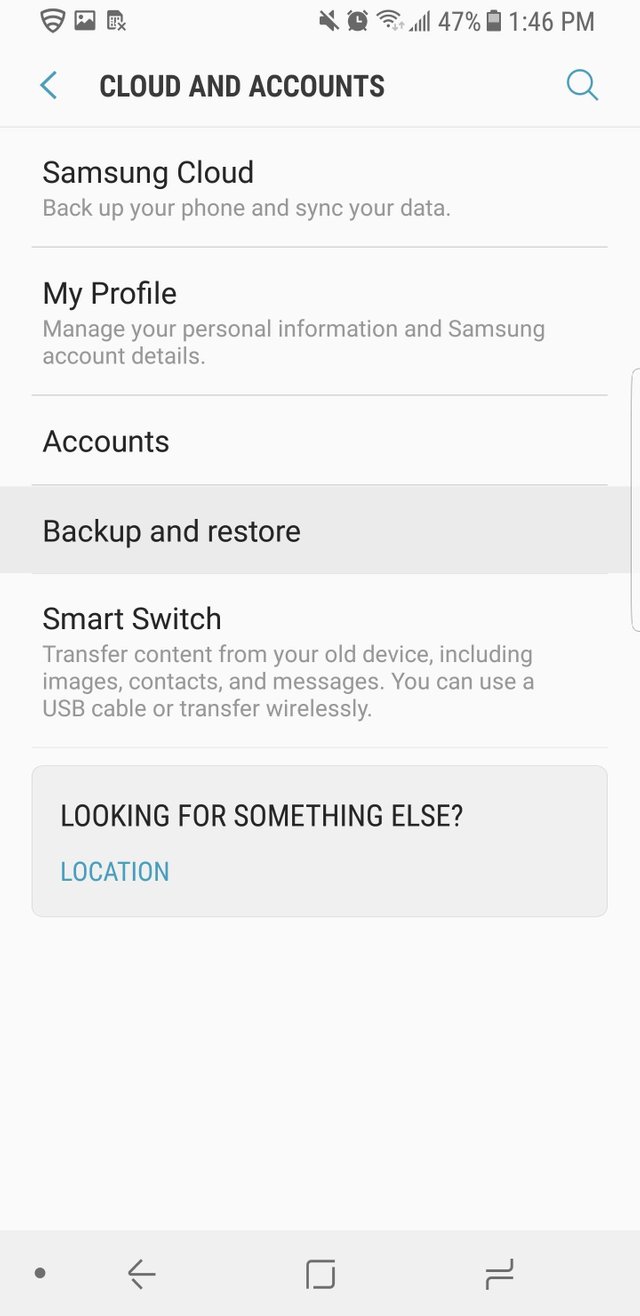
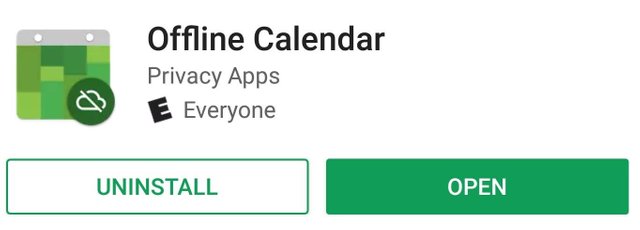
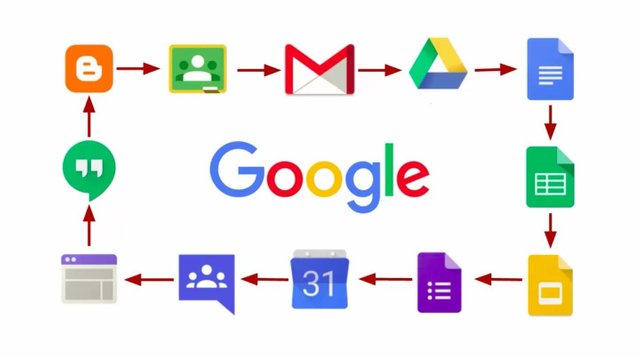
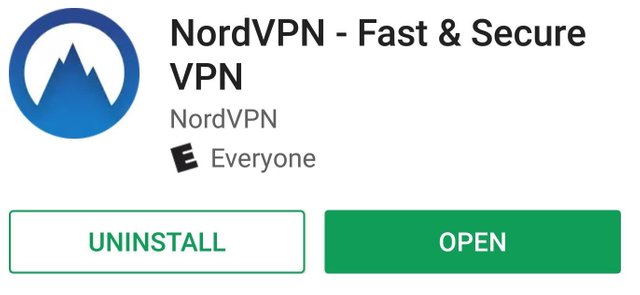
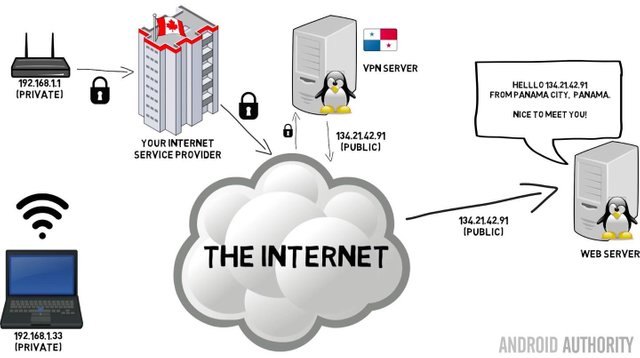
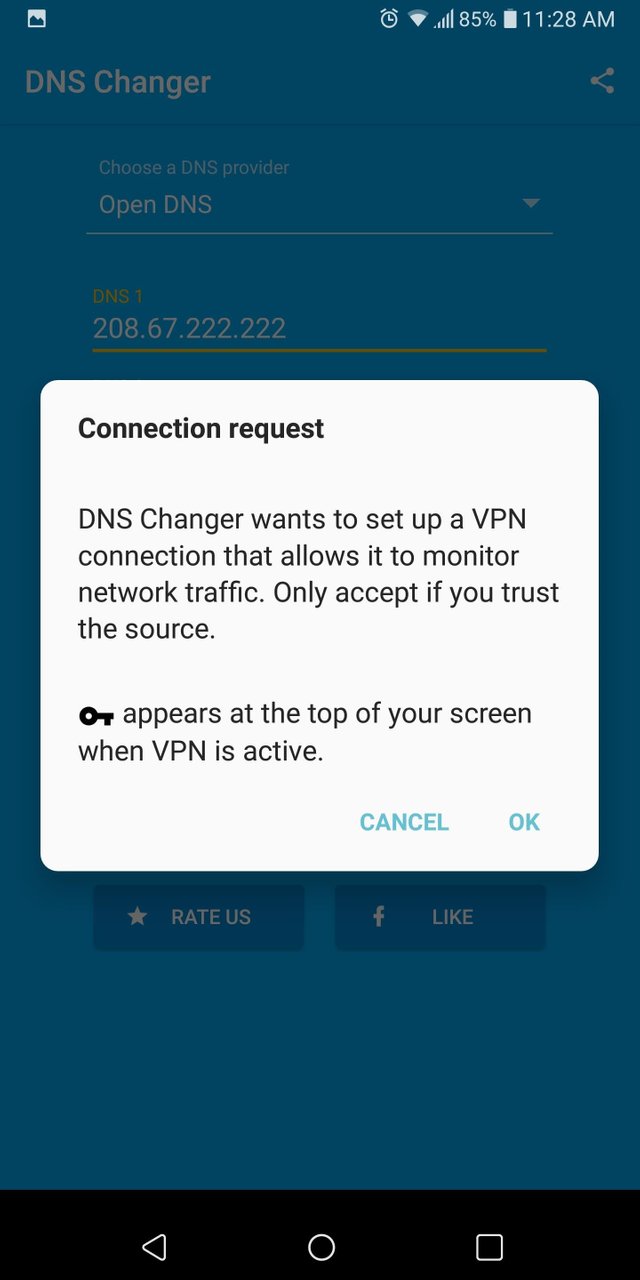
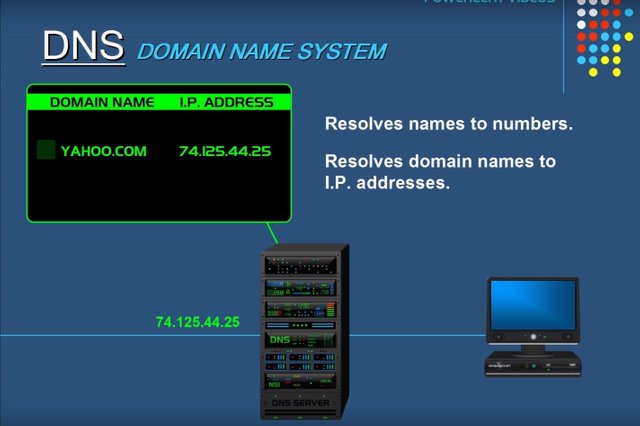
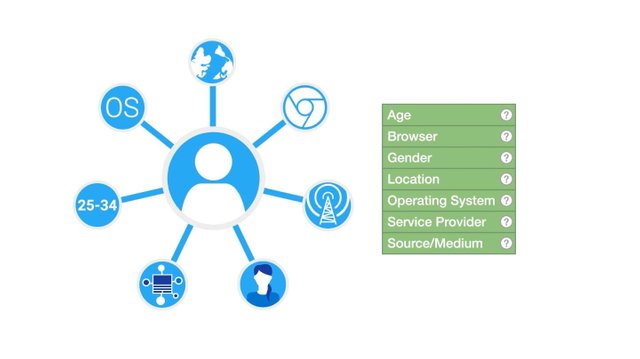
Congratulations @jokill! You have completed the following achievement on the Steem blockchain and have been rewarded with new badge(s) :
You can view your badges on your Steem Board and compare to others on the Steem Ranking
If you no longer want to receive notifications, reply to this comment with the word
STOPVote for @Steemitboard as a witness to get one more award and increased upvotes!